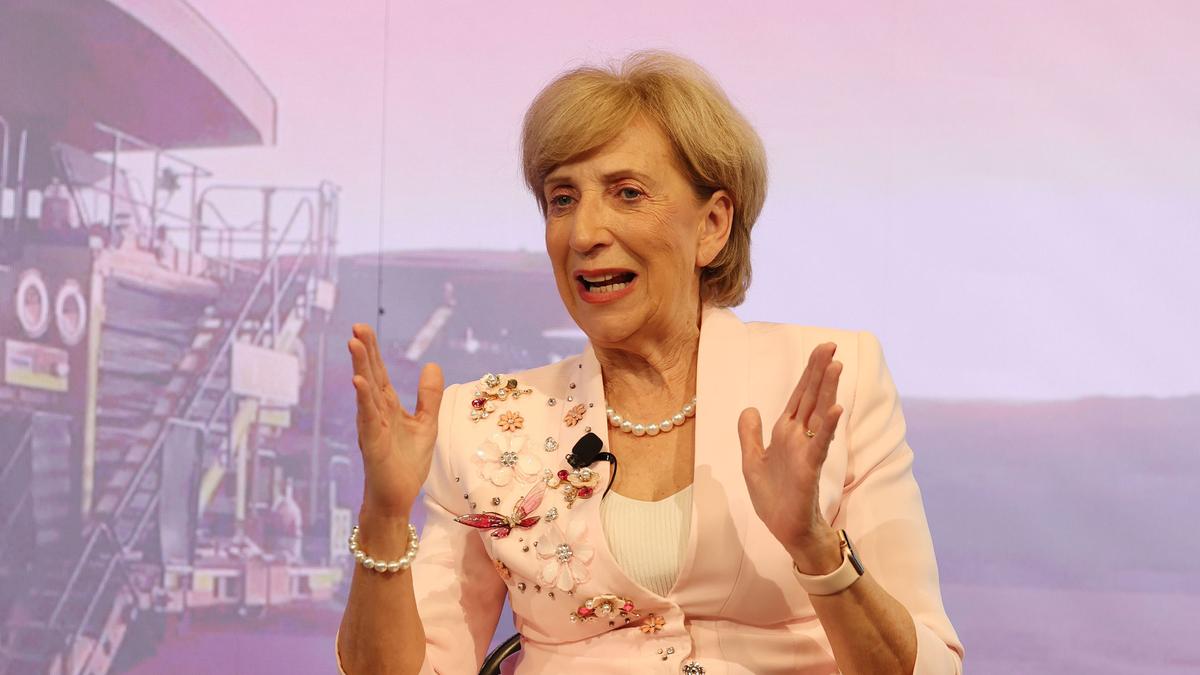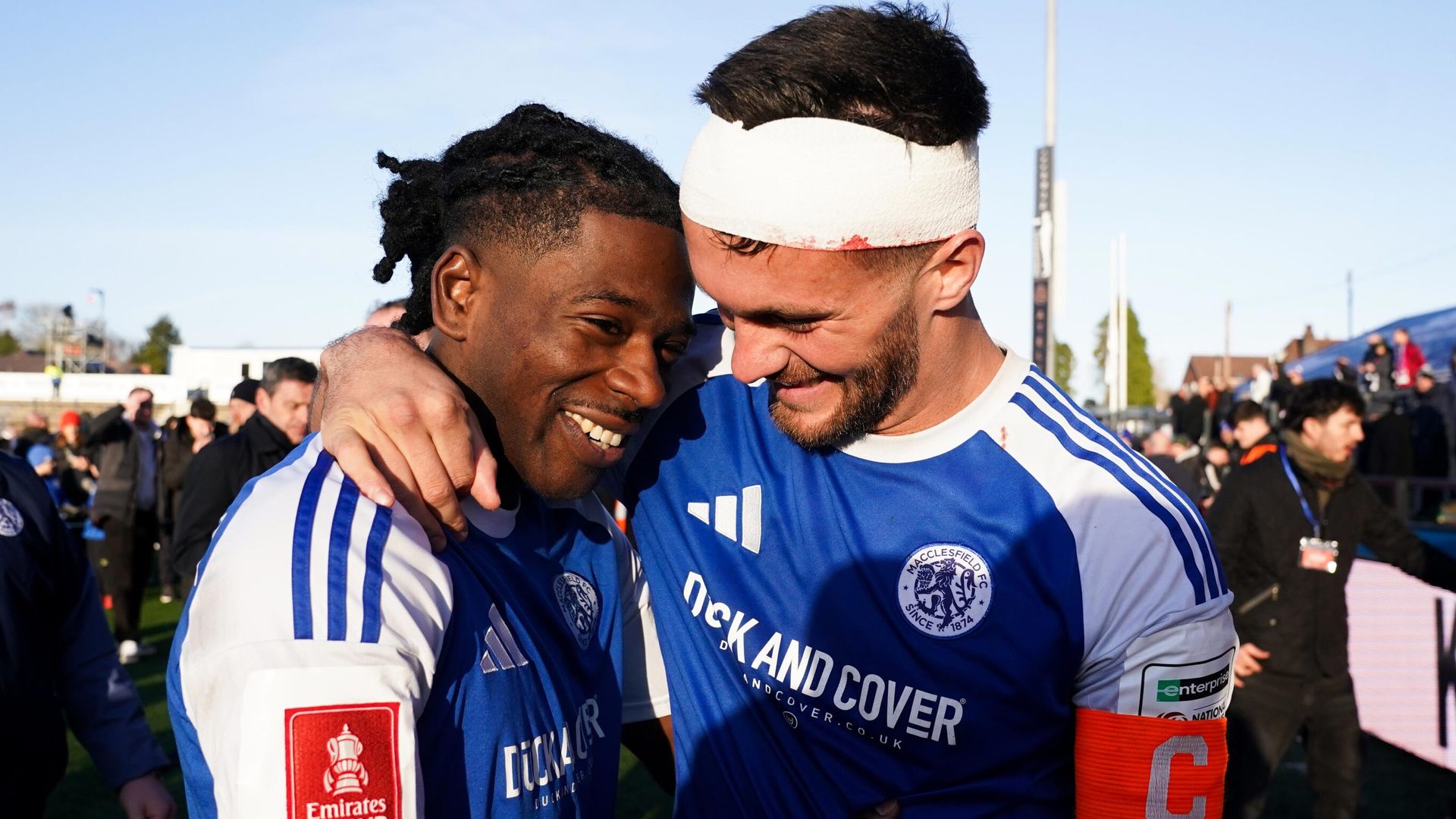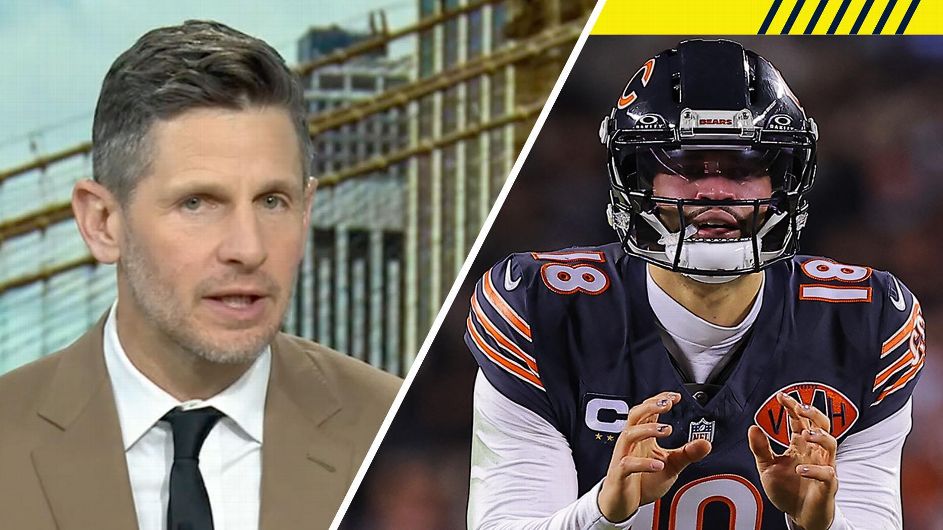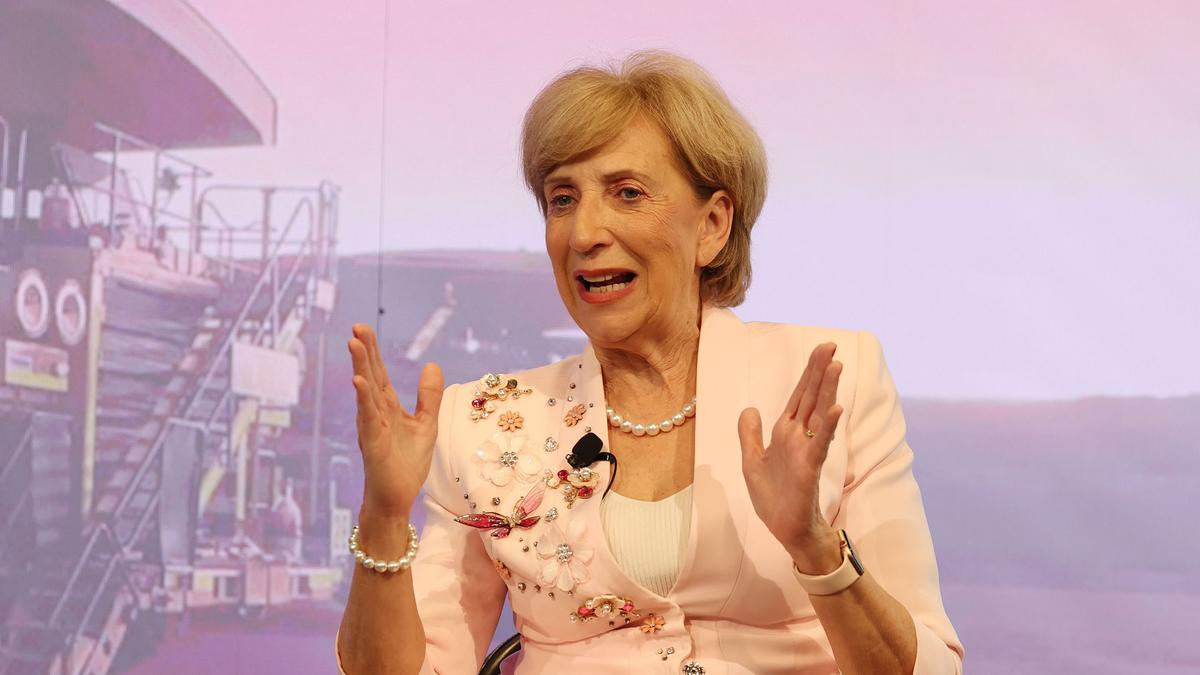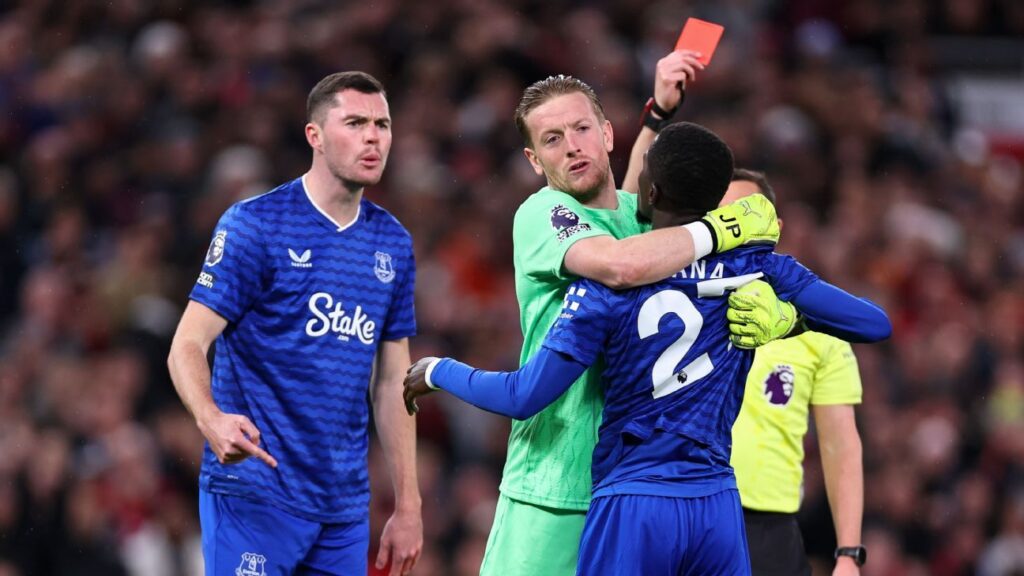
Everton midfielder Idrissa Gueye received a red card just 13 minutes into the Premier League match against Manchester United on March 18, 2024, after striking teammate Michael Keane during a heated exchange. The incident took place at Old Trafford, where a misplaced pass from Gueye led to a scoring opportunity for United’s Bruno Fernandes.
The confrontation erupted when the pair argued following the mistake in Everton’s penalty area. Referee Tony Harrington observed Gueye slapping Keane in the face and promptly issued a red card for violent conduct. The decision was confirmed by the Video Assistant Referee (VAR), which deemed the action a clear strike.
In the aftermath, Gueye attempted to continue the argument with Keane and had to be restrained by teammates Jordan Pickford and Iliman Ndiaye. This early dismissal significantly impacted Everton, forcing manager David Moyes to make immediate tactical adjustments. The situation was further complicated by an injury to Seamus Coleman, who had just made his first Premier League start of the season.
This incident is not the first of its kind in football, where tensions can run high on the pitch. A notable example occurred in 2005, when Newcastle United teammates Lee Bowyer and Kieran Dyer clashed during a Premier League match against Aston Villa, resulting in both players being sent off. Similarly, the Blackburn Rovers duo of David Batty and Graeme Le Saux were involved in a fiery dispute during a Champions League match against Spartak Moscow in 1995.
Gueye’s dismissal underscores the volatile nature of team dynamics in high-stakes matches. The incident has drawn attention from fans and analysts alike, highlighting the need for effective communication and conflict resolution among players, especially in a competitive environment like the Premier League. As Everton navigates the remainder of the match without Gueye, the implications of his actions will likely resonate beyond this single game, impacting team morale and future performances.




